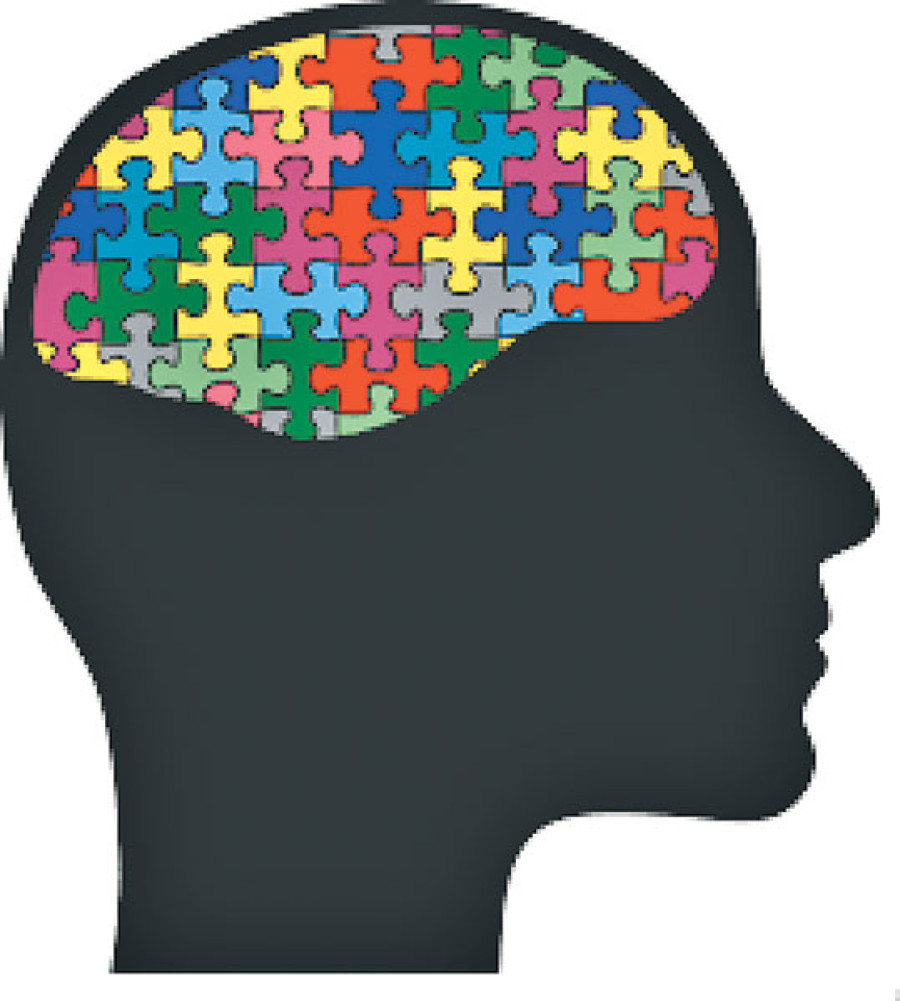Opinion
Healthy young minds
The mental and psychosocial wellbeing of school children promotes quality learning. World Health Organisation (WHO) norms for physical, mental, social and spiritual wellness are not found to be applicable in Nepal’s context.
Umesh Raj Regmi
The mental and psychosocial wellbeing of school children promotes quality learning. World Health Organisation (WHO) norms for physical, mental, social and spiritual wellness are not found to be applicable in Nepal’s context. Students with a physical problem get more attention from teachers and parents, but their mental and emotional problems are almost overlooked. School students encounter common emotional and behavioural problems some time during their school days. It is estimated that 15-20 percent of school goers in Nepal (early childhood to grade 12) have some sort of mental health problem. Adolescents in particular have moderate to severe mental health difficulties.
Special provisions
In Nepal and other South Asian countries, disciplinary, learning-related, bullying, school refusal, fear/anxiety, attention deficit and conduct disorder problems are commonly seen in schools. Students committing suicide after failing the final exams and dropping out are closely connected to lack of mental health education and counselling in school. Intellectual disability among school children is a great challenge for routine teaching-learning activities.
Students with intellectual difficulties need specific education in a separate setting.
Girls entering puberty at school face the shameful problem of dealing with their menstrual cycle. It sometimes creates psychological pressure and is misconstrued. Physical changes in girls and boys are natural, but they remain an unanswered and difficult matter for school adolescents. Migration, changing schools and parents fighting at home are other shared causes for students’ conversion disorder. Lack of awareness about mental health and misconceptions about its treatment are another big challenge. A minor psychological reason might bring about a serious and harmful result if not dealt with timely. Yet, there is little or no space for matters related to mental health in the school curriculum in comparison to physical health and hygiene.
Mental health education in school is basically for preventive and promotional purposes. As students’ emotional and social skills are crucial for a successful future career, school education should include mental health-related topics. Schools need to give due attention to the psychosocial wellbeing of students before real classroom teaching. Some basic ideas about mental illness and its treatment will be better disseminated in society if students are taught about it in school.
Developing platforms
The 2015 earthquake in Nepal created several psychological hurdles among school students. So the need for mental health education is justified. Ending corporal punishment and promoting positive discipline are some initiatives that can be implemented to create a child-friendly environment in school. The mind is the key for all other activities in a human being’s life. As Nobel laureate writer Rabindranath Tagore has said, knowledge is possible where the mind is without fear. Due to tradition, religion and social stigma, many school students remain silent about the mental problems torturing them.
Efforts need to be made to expose hidden and neglected students’ mental health issues so that parents, educators, health planners and programmers pay adequate attention to the mental health concerns of children and adolescents. The secondary level curriculum should have space for topics like positive discipline, effective parenting, emotional and behavioural problems and counselling in compulsory subjects. Training for teachers about child-friendly classroom management, stress identification and dealing with mental difficulties in students is urgent. At least school teachers should be taught about psychosocial wellbeing, learning difficulties, bullying, chronic mental illness and referral conditions. Different campaigns, short-term programmes and street plays will also help to promote mental health education.
The Education Ministry and the Department of Education should not delay running comprehensive school counselling programmes in collaboration with relevant social organisations and volunteer groups. If something is endorsed in the school curriculum, it will bring permanent and effectual consequences. A diagnostic test needs to be applied to sort out psychological causes in academic failure. Opening student clubs, holding fortnightly meetings to share experiences and running community gardens and linkage programmes are necessary for the promotion of mental health education in schools in Nepal.
Every school should keep a close watch to detect issues of peer pressure, self-image, exam pressure, sex and sexuality, harassment and life skills. A trained psychosocial counsellor in every school is mandatory. Most importantly, all stakeholders need to take mental health education as a cross-cutting matter. Let’s talk about hidden affairs right from today and consider psychological hazards as a part of life.
Regmi is associated with the Nepal Youth Foundation




 22.12°C Kathmandu
22.12°C Kathmandu










